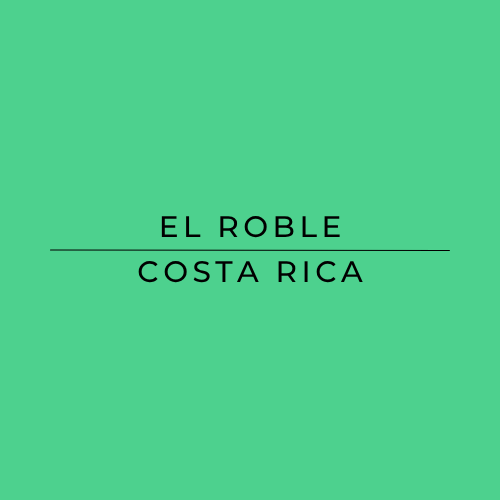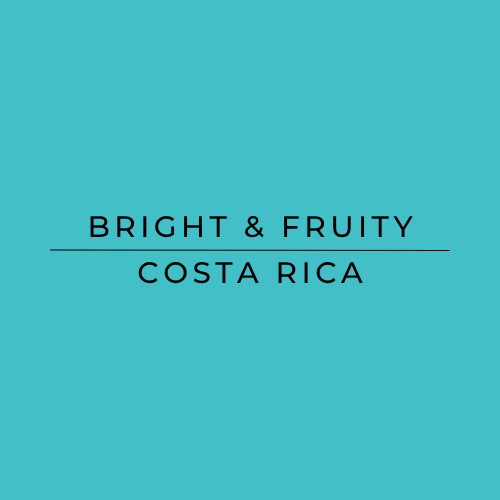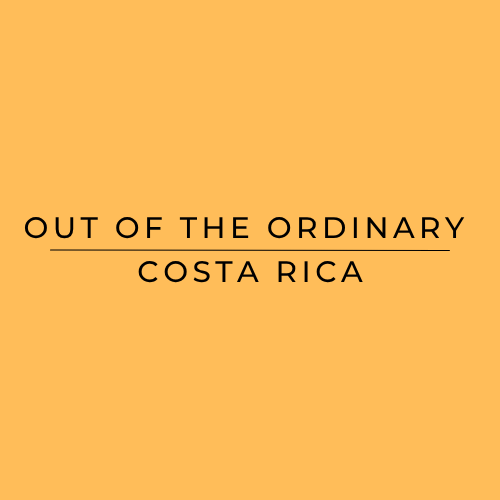NOTE: THIS IS AN ARCHIVED PRODUCT, AND CURRENTLY UNAVAILABLE.
TO FIND OUR CURRENT COFFEES, VISIT:
https://www.harmonycoffee.co.uk/collections/our-coffee
TO FIND COFFEE SUBSCRIPTIONS, VISIT:
https://www.harmonycoffee.co.uk/collections/coffee-subscriptions
============= ARCHIVED PRODUCT ============
PRODUCER: OIL & GOH CHAOSUWANWILAI
FARM: SIRINYA
COUNTRY: THAILAND
REGION: CHIANGRAI
VARIETY: MIXED CULTIVAR
IMPORTER: INDOCHINA
PROCESSING METHOD: ANAEROBIC HONEY RIPASSO
FLAVOUR DESCRIPTION: ASIAN PEAR, ELDERFLOWER, POMEGRANATE, COCOA
ABOUT THIS COFFEE
We at Harmony have a special place for Thailand's coffee, despite the fact that they have only really been considered a producing country since the early 1960s. Mainly, the cultivation of coffee took off in the 1970s-80s as a result of King Rama IX, who supported the policy of alternative development and cultivation of coffee in place of Opium, which had previously been farmed in its place.
Sirinya has been at the forefront of the development of the specialty scene in Thailand and in the last few years in particular, have been outputting the sort of cutting edge innovation and quality that can rival some of the world's best.
"Sirinya Coffee is family-run specialty coffee farm, roastery, and coffee shop based in the mountains of Chiang Rai province, led by Oil and Goh Chaosuwanwilai. Sirinya is born out of a commitment to the communities of Doi Chang, as well as stewardship of the land and constantly striving for excellence in all aspects of coffee. Opium was grown here for over 100 years, before government / NGO initiatives encouraged them to grow coffee instead. Poppy cultivation here dropped so significantly from the mid 1980s to the extent that Thailand is seen as a successful model for alternative development.
Whilst these farmers have been successfully growing coffee for over 40 years, Goh and Oil share their knowledge and expertise in all aspects of specialty coffee production, starting right from the beginning with the quality of the soil and organic farming methods through to the final processing. For the coffee farmers they work with, introducing these additional steps can elevate their very good coffee to specialty grade, and with it, commanding much higher prices and access to new markets."
- Indochina
So what does this innovative processing look like in relation to this particular coffee?
Firstly, the ripe cherries are floated in water before hand sorting to remove defects.
Following this, the cherries are pulped, and the coffee then undergoes an initial fermentation inside sealed plastic barrels, suspended in mucilage and cherry skins. Local film yeasts are used to help catalyse the fermentation - this process happens until a P.H. of 3.5-4.0 is achieved.
Following this, the coffee is washed to remove any mucilage, then moved outdoors onto drying racks and dried until the moisture content falls to around 15%, then the coffee is moved inside to a temperature-controlled drying station for slow drying until moisture reaches 10-12%, ideal for shipment.
This process has been nicknamed the Honey Ripasso, a gentle nod to the Italian winemaker's Ripasso, in which grapes undergo a similar process.











